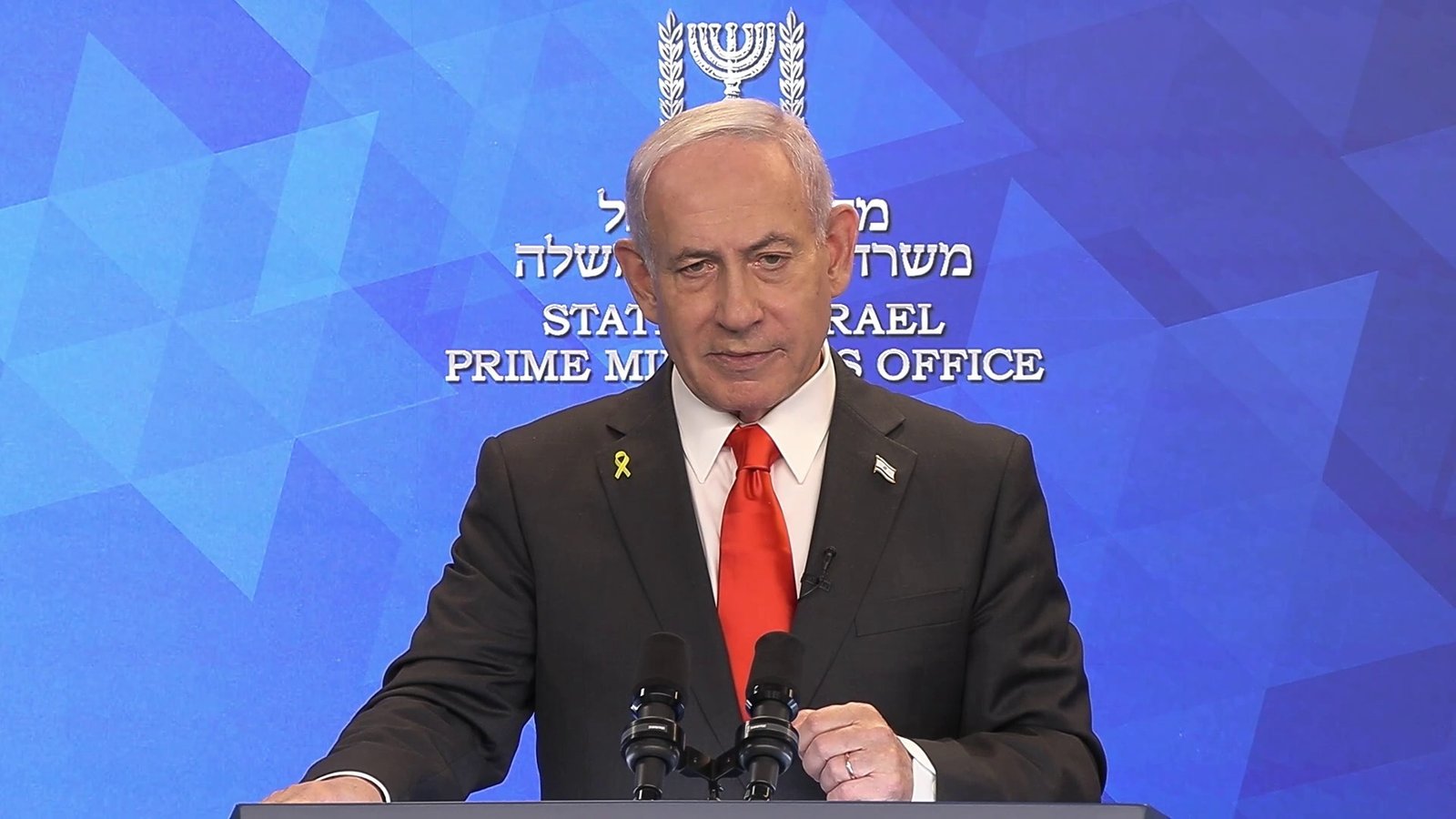1. Trump Honors Charlie Kirk at Massive Memorial, Frames Him as Conservative Icon
President Donald Trump addressed a capacity crowd in Glendale, Arizona, during a public memorial for conservative commentator Charlie Kirk, who was assassinated earlier this month. The event at State Farm Stadium drew tens of thousands of supporters, top GOP officials including Vice President J.D. Vance, and many of Trump’s inner circle. AP News+2Al Jazeera+2
In his speech, Trump called Kirk a “martyr for freedom” and “one of the brightest lights of our times,” arguing his legacy would live on. The memorial was both a tribute and political signal: stylized as a moment of faith, culture, and conservative activism, it also served as a rallying point. Speakers emphasized Kirk’s Christian faith, his role mobilizing youth politics, and positioned his death as part of a broader struggle between conservative values and what they view as radical left ideologies. AP News+2The Independent+2
While the grief and emotional tone were genuine, the spectacle also raises questions: how will Kirk’s legacy shape the movement going forward? What political demands or policy shifts might emerge from this kind of memorialization? For Trump and his allies, the message was unmistakable: Kirk’s life and death serve both honor and mobilization. AP News+1
2. $100,000 H-1B Visa Fee Clarified; Existing Holders Exempt
A major change to U.S. immigration policy has stirred concern among skilled foreign workers and tech sectors: a one-time $100,000 fee will now be required for new H-1B visa petitions, under President Trump’s new proclamation. Reuters+2The Economic Times+2
Importantly, the White House clarified this fee does not affect those who already have H-1B visas, renewals, or re-entry into the U.S. for existing holders, even if they are abroad. The Times of India+3PBS+3The Economic Times+3
Still, the change has caused uncertainty: many visa holders have worried about whether travel plans would trigger the fee, or whether their current status might be jeopardized. Tech companies, immigration lawyers, and foreign governments—especially in India, where many H-1B holders originate—are closely watching. Effects on hiring practices, business costs, and U.S. competitiveness could be significant. ABC7 San Francisco+2The Economic Times+2
3. Deadly Shooting at New Hampshire Country Club Wedding
A chilling act of violence disrupted what should have been a joyful evening. On Saturday night, at Sky Meadow Country Club in Nashua, New Hampshire, a gunman opened fire during a wedding reception. One man, 59-year-old Robert Steven DeCesare, was killed; two others were wounded. WTOP News+3WCVB+3AP News+3
Authorities say the suspect is 23-year-old Hunter Nadeau, who has since been arrested and charged with second-degree murder. There is no known relationship between Nadeau and DeCesare. The Attorney General’s Office has said there is currently no evidence to consider the act to have been motivated by hatred or a specific ideology. WMUR+2WTOP News+2
Witnesses report chaos: guests ducked for cover, some fled, others injured while trying to escape the scene. It remains unclear what motivated Nadeau to act as he did. The community and victim’s family are reckoning with the tragedy. DeCesare is remembered as a devoted family man, dining with his wife and daughter at the time. People.com+2WCVB+2
4. A Foreign Policy Shift: U.K., Canada, and Australia Recognize Palestine as a State
In a coordinated diplomatic move, the United Kingdom, Canada, and Australia formally recognized Palestine as an independent state. The decision represents a departure from traditional alignment with U.S. policy and reflects growing international pressure over the humanitarian situation in Gaza and stalled peace negotiations. AP News+2Bloomberg+2
British Prime Minister Keir Starmer emphasized that the recognition is driven by a desire to revive the two-state solution and provide a framework for peace. He was at pains to distinguish the move from any endorsement of Hamas, stating that the recognition was “not a reward” but a necessary diplomatic step amid mounting criticism. AP News+2Reuters+2
Israel’s government reacted sharply, calling the recognition misguided, potentially dangerous, and a betrayal of security interests. Analysts say this shift could have ripple effects: pressure for similar recognition from other Western countries, potential changes in aid and diplomatic leverage, and possibly increased tensions in the Middle East. Reuters+1
What’s Next: Questions on the Horizon
- With Trump elevating memorial events into political symbols, how will future conservative activism leverage grief or loss? What are the ethical boundaries of that?
- Regarding the H-1B changes: Will the new fee reduce the flow of skilled foreign workers? How will that impact industries critically dependent on H-1B talent, like tech, health, research?
- For the Nashua shooting: Will investigations clarify motive or policy gaps in security at public/private gatherings? What legislative or community response might offer closure or prevention?
- On Palestine recognition: Will the U.S. react diplomatically or materially? Can symbolic recognition lead to substantive change, or will it remain largely performative without enforcement or follow-up action?




